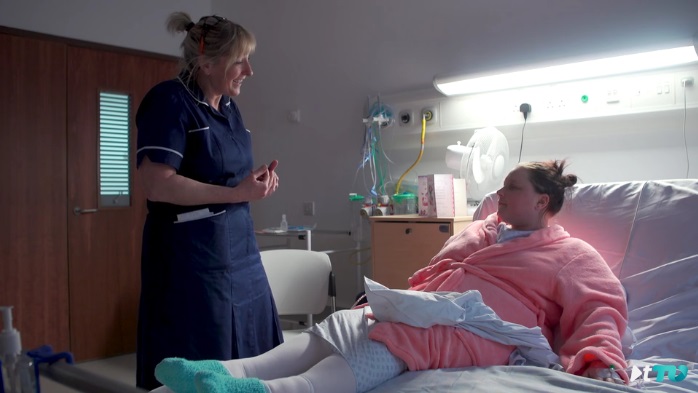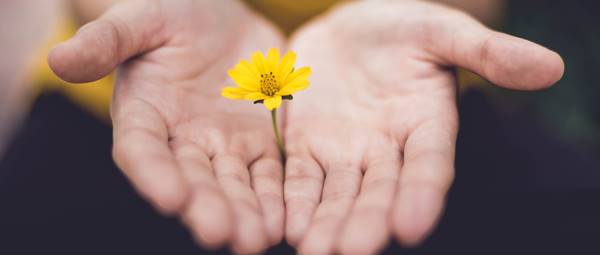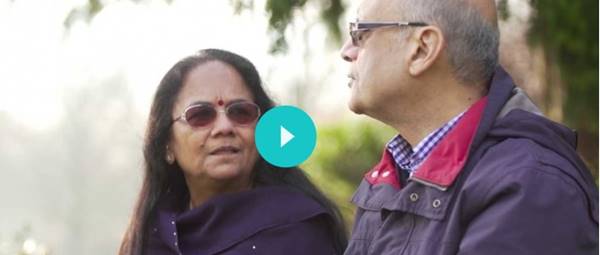Surgery and recovery
Key questions answered
How is the kidney removed?
You will be given a general anaesthetic which means that you will be asleep during the operation.
Usually the kidney is removed using keyhole surgery. You will have 2-4 keyhole wounds (around 1cm) and, depending on the technique used, a slightly longer scar where the kidney was removed. Different surgeons use slightly different techniques, so please check with your own team where your scars are likely to be positioned if this is of concern to you.
Some type of keyhole surgery or similar technique is offered in all transplant centres around the UK. However, if there are any complications during the procedure a larger wound in the side of the abdomen (tummy), known as ‘open surgery’ may be necessary. This happens in one or two out of every hundred operations of this type. Open surgery increases the time it will take for you to recover and will leave you with a larger scar.
How long will the operation take?
The operation usually takes approximately two to three hours. When you wake up you may have a tube draining your urine (a urinary catheter) and a drip (a tube inserted into your arm through which the medical team can keep you well hydrated and give you pain killers as needed). You may also have a tube draining fluid from the main surgery area. All of these will be removed over the following days as you recover.
How long will you be in hospital?

This varies depending on your individual recovery and type of surgery but the average stay is three to five days.
How painful will it be?
When you wake up, you will already have been given strong painkillers to help reduce any discomfort after the operation and you will continue to receive pain relief for as long as you need it in hospital. You will also be given painkillers to take with you when you go home.
Become a living kidney donor

Help promote living donation
Order or download a range of materials, including faith-specific leaflets.
Can’t find what you’re looking for?
For general enquiries
Email: enquiries@nhsbt.nhs.uk
Or call: 0300 123 23 23




